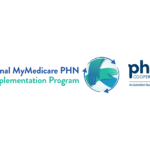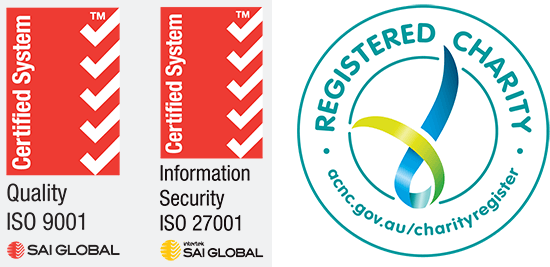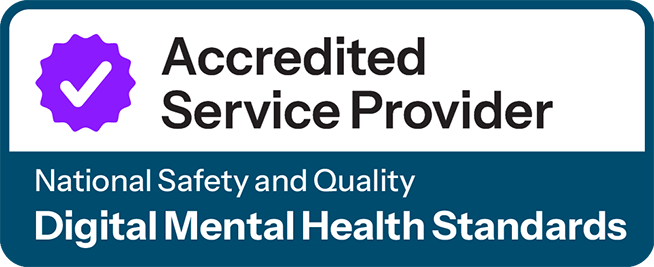Medicare Benefits Schedule (MBS) items for chronic disease management will change in 2025-26. The changes promote continuity of care and regular reviews for patients with chronic conditions, and enhance communication within multidisciplinary teams.
The updated MBS items:
- replace GP Management Plan and Team Care Arrangements with a single GP Chronic Condition Management Plan
- support continuity of care by requiring patients registered for MyMedicare to access management plans through the practice where they are registered. Patients who aren’t registered will be able to access management plans through their usual GP.
They encourage management plan reviews by:
- equalising the fees for developing and reviewing plans
- requiring patients to have their plan established or reviewed in the last 18 months so they can retain access to allied health and other services
They also:
- formalise referral processes for allied health services so they are more consistent with other referral arrangements
- ensure patients do not lose access to their current services through transition arrangements for existing patients with GP Management Plans and Team Care Arrangements.
For more detail, please see this Department of Health and Aged Care webpage. These changes were recommended by the MBS Review Taskforce.
Resources to support your practice
Click here to access our self-directed practice activation resources, which provide practical ideas structured around the foundations of the reforms.
For more information, contact primarycare@nwmphn.org.au










